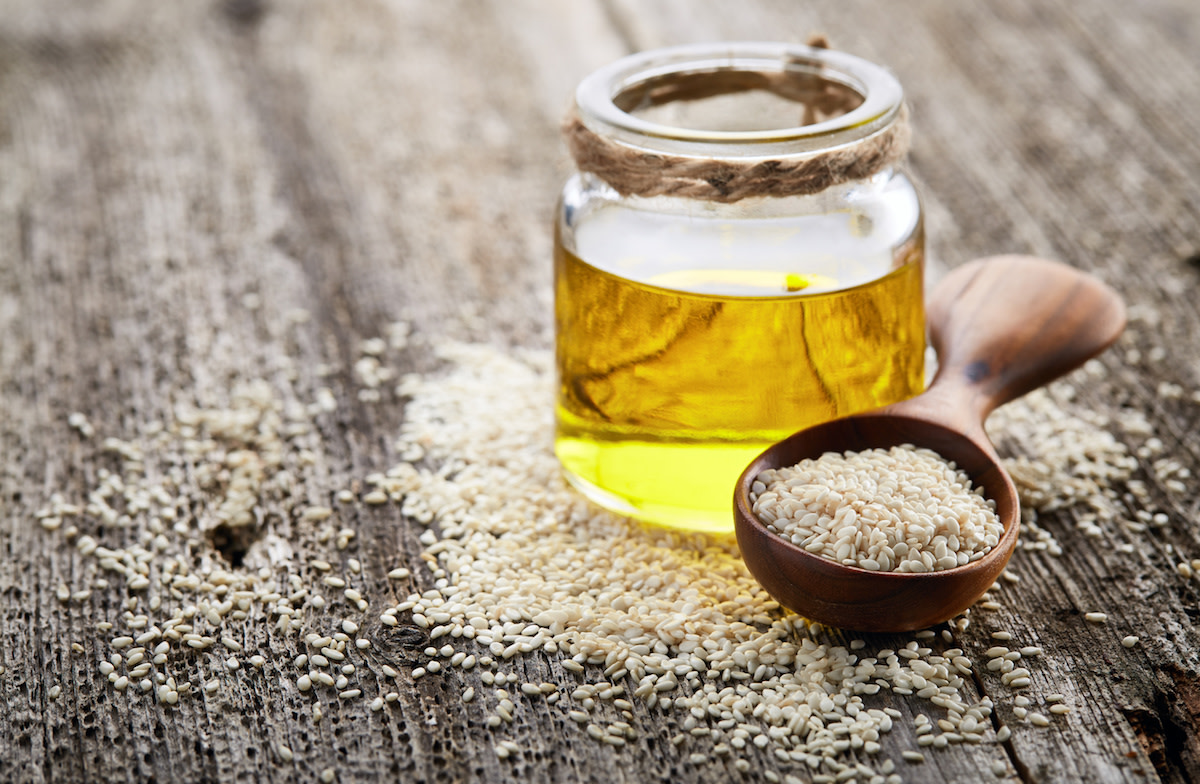Learn How to Cook With Sesame Oil: 11 Sesame Oil Recipe Ideas
Written by MasterClass
Last updated: Aug 4, 2021 • 3 min read
The first crop to be grown for oil production, sesame produces a flavorful cooking oil that naturally resists rancidity.
Learn From the Best
What Is Sesame Oil?
One of the earliest known vegetable oils, sesame seed oil has been used for thousands of years. Because the seeds are hand-harvested, sesame oil can be pricey—you've probably tried the toasted version, used to finish a stir-fry. But a lighter cooking oil made from the raw seeds is popular in South India, where it's known as gingelly, and at high-end tempura restaurants in Japan.
What Is the Difference Between Sesame Oil and Toasted Sesame Oil?
Light sesame oil is made from raw sesame seeds. It has an earthy, nutty flavor and a high smoke point (410 to 446°F) that makes it suitable for deep-frying. Toasted sesame oil is made from roasted sesame seeds. It’s thicker in consistency, darker in color, and has a more pronounced flavor. Toasted sesame oil has a lower smoke point than light sesame oil and is not suitable for deep-frying, but can be used for stir-frying and raw applications such as salad dressings.
How Is Sesame Oil Made?
Sesame seeds contain about 44 to 60 percent oil, which can be extracted by expeller-pressing or chemical solvents. When expeller-pressed at cooler temperatures, oil is considered cold-pressed—this is the highest quality of sesame oil. Sesame oil can be refined, but it’s generally not, to preserve its nutty, sesame flavor. Traditional gingelly (aka til) is cold-pressed in a ghani. Toasted sesame oil is made in the same way as light sesame oil, with the only difference being that the seeds are roasted beforehand.
How Is Sesame Oil Used in Cooking?
Never sauté anything in sesame oil. It has such a concentrated flavor that it should be used in small amounts. Although it's 41 percent polyunsaturated fat, sesame oil is great for deep-frying: Lignan compounds found in sesame oil (sesamol, sesamin, and sesamolin) are antioxidants that remain stable at 338°F and keep the oil from breaking down in heat. Bonus: Adding sesame oil to less stable cooking oils will improve the flavor of deep-fried foods.
Light sesame oil is used for its anti-rancidity properties, typically blended with other, less expensive, oils when deep-frying. Both light and toasted sesame oil are used in South Indian, Middle Eastern, Chinese, Japanese, and Korean cuisine for adding flavor to sautéeing, stir-frying, and seasoning everything from rice to salads.
11 Sesame Oil Recipe Ideas
Try combining sesame oil with:
- 1. Rice vinegar, for an Asian salad dressing
- 2. Peanut butter, for the rice noodles in pad thai
- 3. Fresh ginger, garlic, and scallions, as a base for fried rice
- 4. Cucumbers, garlic, red pepper, for a simple salad
- 5. Spicy foods such as kimchi and chilli peppers
- 6. Dark leafy green vegetables such as spinach, bok choy, seaweed, broccoli, asparagus
- 7. Protein such as chicken or tofu
- 8. Grains such as quinoa, farro, and rice
- 9. Use sesame oil with miso, soy sauce, and brown sugar to make a marinade for grilled chicken thighs or breasts.
- 10. Sweet vegetables such as winter squash and sweet potato
- 11. Gordon Ramsay’s sesame crusted tuna loin
How to Substitute Sesame Oil
If you don’t have sesame oil, try substituting with peanut oil, which has a similar nuttiness and is a good choice for deep-frying. Refined peanut oil, however, is less flavorful and would not be a good substitute for cold-pressed or toasted sesame oil.
Sesame Oil Health Benefits
Sesame seeds contain more phytosterols—steroids that regulate cholesterol—than any other seed or nut. Although the benefits of phytosterols are best reaped from raw sesame seeds, there may be some health benefits to consuming sesame oil. It’s possible that substituting sesame oil for other cooking oils can help lower blood pressure due to antioxidants like sesamin and vitamin E. Sesame oil’s high amount of fatty acids and anti-inflammatory and antibacterial properties make it a popular choice for natural medicine practitioners.
Become a better home cook with the MasterClass Annual Membership. Gain access to exclusive video lessons taught by culinary masters, including Alice Waters, Massimo Bottura, Gordon Ramsay, and more.
